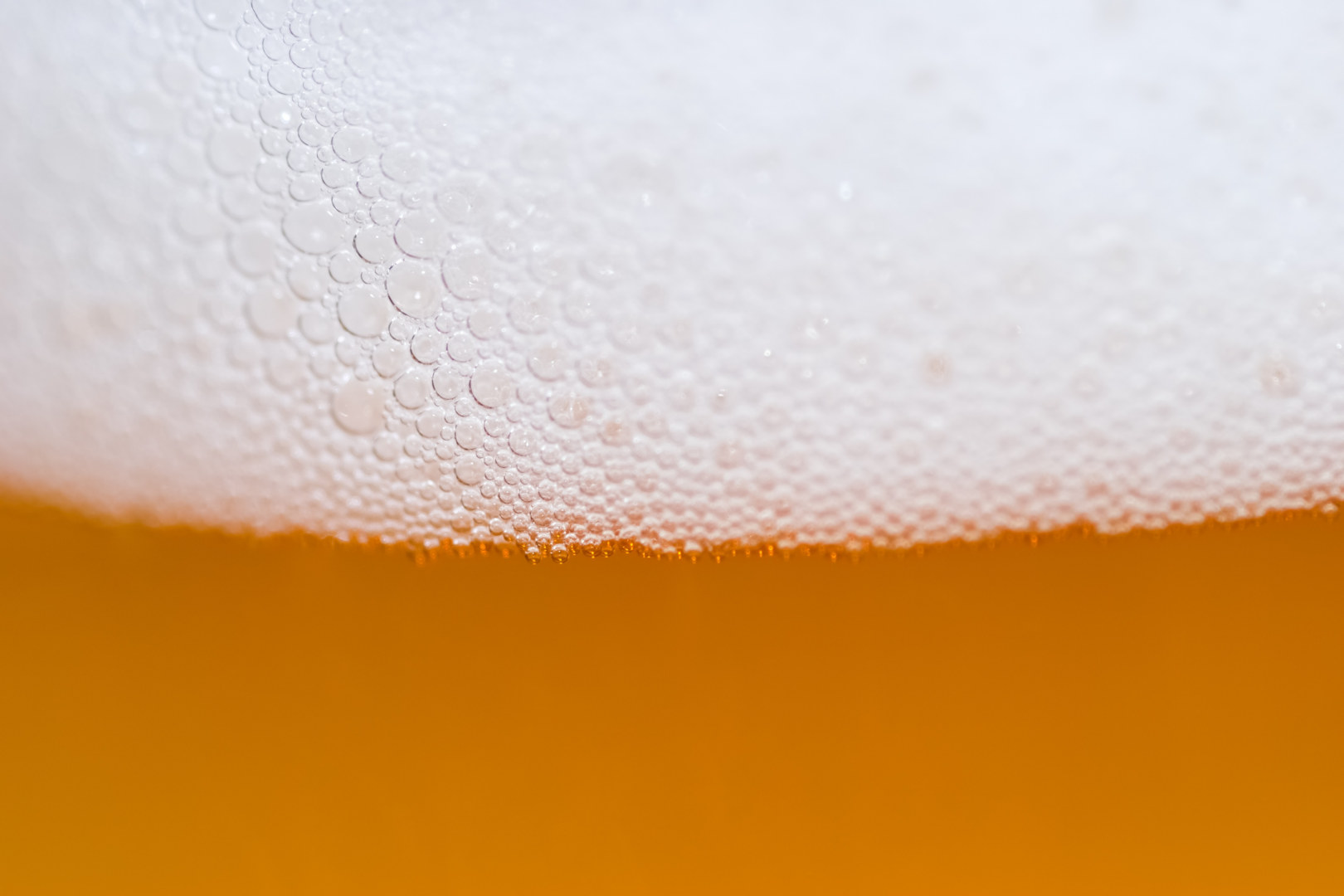France’s top beers and breweries
Photo © Pixabay/Pexels

There is no denying it: France is unaltered wine Walhalla. In every touristic spot in the nation, glasses of Chardonnay and Bordeaux are served as if they were water. Yet, if you set foot in one of the country’s local pubs, you’ll notice surprisingly many ales, beers and hops on the tables. This last decade, micro-breweries popped up in all corners of France, producing brews with a twist. And the French just can’t get enough of it!
Not that long ago, in the early 20th century, France was a country of avid beer drinkers. At its high point, the nation counted over 1,000 breweries in all corners of the country. With industrialisation, many people moved to the cities, jeopardising the culture of local, countryside breweries. It wasn’t until the two World Wars, however, that the artisanal industry went down. Ingredients became scarce, clients could no longer afford luxuries like quality alcohol and some brewing equipment even got confiscated by the French government to turn it into bullets.

For almost a century, France’s beer culture was limited to a handful of industrial, soulless lagers in the supermarket. Yet, in the last decade, French brewing culture has been experiencing a renaissance. Where, in 2009, France only had 322 breweries, the country counts close to 1,200 of them today. Most of them are microbreweries, in which craft, creativity and experiment are more important than building an empire or making a fortune. Today’s French brewing culture is one of innovation and passion: and that, you can taste with every sip.

A variety of flavours
As in its neighbouring countries, Belgium and Germany, beer is nearly considered a food group on its own in France. The shelves of your local beer parlour are filled with numerous sorts of beers, both traditional and avant-garde. This way, there is something for everyone and every occasion.
A typical French variety is the bière de garde (beer for keeping), a strong pale ale, traditionally from the Nord-Pas-de-Calais region. Farmers used to brew these themselves in winter and spring, to ensure they would have tasty hops to drink in summer and autumn as well, when the yeast production can be unpredictable. Today, most of these recipes are bought by humongous brewing conglomerates: yet, plenty of small breweries still bottle their family recipes to this day. And those, usually, taste just like they used to a century ago.
Another grand tradition amongst the French copper kettles is the brewing of seasonal beers, mainly in March and in winter. While the snow thaws and the first flowers start to pop, breweries present their bière de mars (March beer) or bière de printemps (spring beer). These top-fermented ales drink easily as they only contain 4.5 to 5.5 per cent of alcohol, which isn’t too much for a degustation ale. In October, the breweries start brewing their bière de Noël (or, Christmas beer), which is quite a bit stronger and is very rich and soothing in flavour to keep you warm during the coldest months.

Barley, malt and water
Although France is not the first country you would associate with beer, it is not weird that the nation has such exquisite brewing skills. As it is the largest barley producer in Europe and the world’s biggest malt exporter (23 per cent of all the malt on earth grows in French fields), all the ingredients for a great brew grow right there where they need to. Combine them with the pure water that seeps from the mighty mountains surrounding France and you’ve got the perfect biotope to set up a brewery.
So, whenever you are in France, try to resist the siren’s call of odorant sauvignons and bubbly champagnes and order a local beer instead. We have selected our absolute favourite French brews and would love to take you to their respective breweries for a degustation. Santé!
Subscribe to Our Newsletter
Receive our monthly newsletter by email





